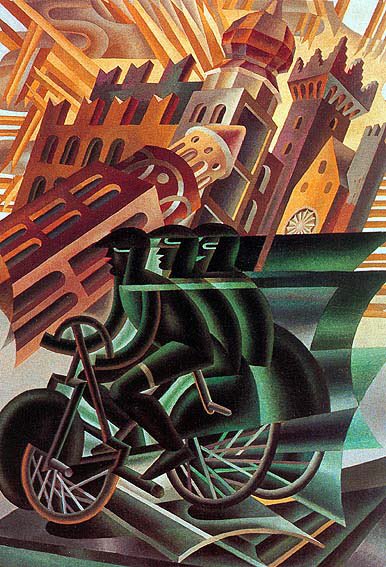ICYMI, previous throughlines on bitcoin
Futurism
and Journalism
Napster was gone at that point, but a dozen Napster-like filesharing systems had risen in its place. (2/x)
Mann's article argued that it could be even sooner. 2003 could spell the end of the music business. (3/x)
We *eventually* came to realize that the news crisis was an industrial-production-of-journalism crisis. It took awhile.
the ? of how musicians will make a living has always been a distant third. Probably because of built-in starving-artist assumptions.
Anderson is showing how the economics of digital music could turn out GREAT. (7/x)

The Long Tail is great for Amazon and iTunes. It's great for fans. It's so-so for labels. (8/x)
Again, we tend not to think about this with the future-of-music, because "starving artists." But with journalism it is front-of-mind. 9/x
Maybe there will be more of it, and maybe it will be better! (11/x)
(12/x)
(13/x)
We still have hit-makers, we still have mass marketing. (Hell, Taylor Swift's last album was advertised on UPS trucks!) Throughout the 00's, the record labels lost some of their market power. 14/x
there are a thousand stories like this over the 00s (remember Soulja Boy?). The landscape was changing.
(16/x)
Rather than saying "Radiohead's In Rainbows is the future!" Byrne says "that's ONE future." (17/x)
It's really cool, reading Mann and Byrne side-by-side. (19/x)
He's got this great passage where he lays out just how dramatically the music scene has changed... (20/x)
(22/x)
Struggling artists today are still struggling. But, unlike so many other "disrupted" industries, that was already the norm. (23/x)
And @nancybaym's Playing to the Crowd amazon.com/s/ref=nb_sb_no…
(fin)









